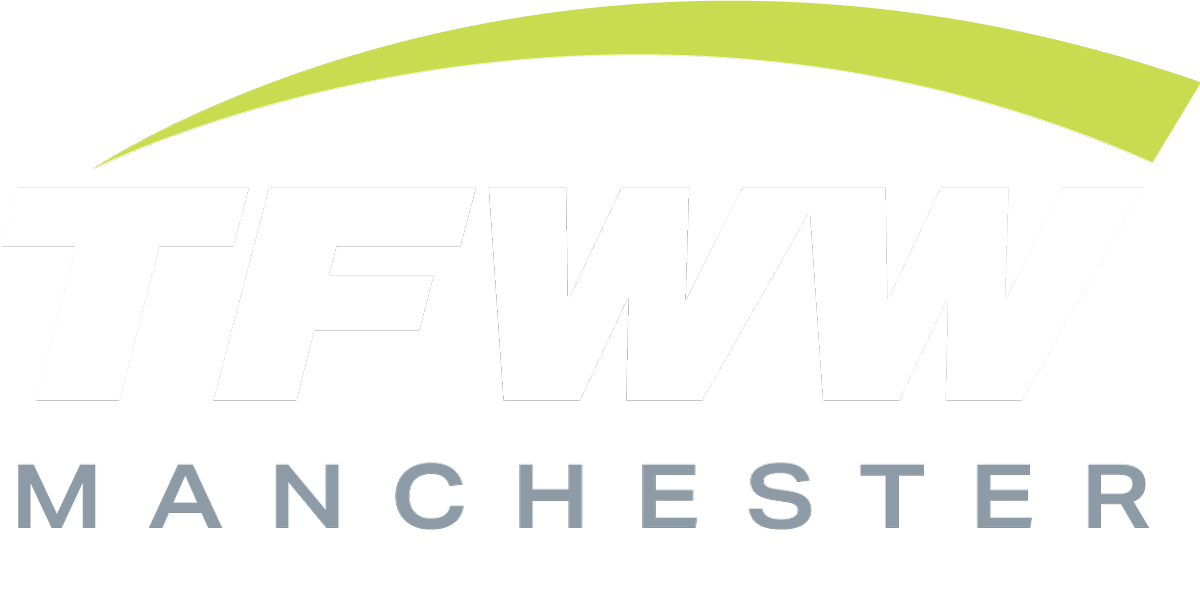Logistics Resolutions for 2025: How to Improve Your Freight Game
Let’s be honest—“New year, new me” doesn’t work for your logistics. The same tired habits won’t magically fix wasted space, rising costs, or unexpected disruptions in 2025. This year, it’s time for real logistics resolutions—ones that stick, cut the waste, and turn challenges into opportunities. Ready to make your freight game stronger than ever? Let’s get into it.
1. Stop paying for more space than you need.
As of 2023, shippers reported that 43% of truckloads moved partially empty, leaving an average of 29 linear feet of unused deck space. That’s equivalent to 1 in 4 truckloads driving around completely empty.
The impact? Money down the drain, trucks running half-empty, and an unnecessary toll on the environment—it’s a triple threat no business can afford to ignore.
The good news is that there are smarter solutions for you in 2025. By utilizing a broader range of transportation options—like LTL, volume LTL, partial truckload, sprinter vans, and consolidated multistop truckloads—you can make the most of every shipment. A knowledgeable transportation provider can help you navigate these options to determine the most efficient and cost-effective solutions for your business while reducing both waste and unnecessary spending.
2. Expect the unexpected and stay flexible.
The thing about New Year’s resolutions? They’re easy to make and even easier to break. Logistics isn’t much different—if you don’t plan ahead, disruptions will derail your progress.
Of course, we can’t predict the future, but the only constant in life is change. And in the face of that reality, it’s important to proactively build flexibility and agility into your logistics operations. Here are a few to keep on your radar:
Tariffs and Trade Wars: Policy shifts can upend trade volumes, tightening imports and exports overnight. If you aren’t connected to int’l trade, your shipping providers are on some level.
Natural Disasters: Hurricanes, wildfires, and other extreme weather events continue to escalate, forcing reroutes and delays when you least expect it.
Geopolitical Instability: Global tensions—from the Ukraine-Russia conflict to Red Sea restrictions—can disrupt access to critical raw materials affecting supply chains like dominos.
Labor Strikes: The looming risk of an ILA strike could sideline East and Gulf Coast ports, sending truckload demand surging in other regions.
The companies that stick to their logistics resolutions—like diversifying carrier networks and embracing multimodal strategies—won’t just survive the chaos; they’ll stay ahead of it. Flexibility is the difference between staying on schedule and scrambling for solutions.
3. Evaluate and expand your carrier network.
Building a strong, diverse carrier network is essential in the new year. If one carrier throws you a curveball, you need other options ready to roll. Expanding your network does more than keep you covered—it helps you:
Stay Resilient: A single point of failure can cripple your operations. Multiple carriers keep things moving.
Control Costs: Multiple carriers create competition, helping you secure better rates.
Stay Flexible: Respond quickly to changes in demand, geography, and capacity.
Access Specialized Services: When shipments have unique needs, a diverse network has your back.
Cover More Ground: Leverage carriers with broad or regional expertise to optimize deliveries.
Managing this alone can feel like herding cats—but it doesn’t have to. A knowledgeable transportation partner brings vetted carriers to the table, giving you the coverage and flexibility you need without drowning in the day-to-day details.
4. Get to know your numbers through reporting.
You don’t know what you don’t know—and that lack of insight could be costing you. If logistics is running as a “set-it-and-forget-it” cost center, it’s time to rethink your approach.
Instead of sifting through fragmented data across spreadsheets and systems, partner with a logistics expert who can integrate reporting tools and surface the insights that matter most. Clear, accurate reporting helps you:
Understand where your freight spend is going
Identify underperforming service providers
Pinpoint opportunities to improve efficiency and reduce costs
With better visibility into your numbers, you can make smarter decisions that deliver measurable results.
5. Spend less time on logistics and more time on growing your business.
Let’s face it—managing logistics can be time-consuming, especially when it involves negotiating rates, coordinating carriers, and handling disruptions. Instead of spreading yourself thin, it may be time to consider managed transportation services.
A managed transportation provider takes care of the heavy lifting: carrier sourcing, shipment planning, tracking, and reporting. This allows you to focus on what matters most—growing your business. With streamlined operations, cost savings, and expert support, managed transportation ensures your freight runs efficiently without draining your time and resources.
Simplify Your Freight Operations in 2025
TFWW Manchester has the expertise and carrier network to help you tackle all your 2025 logistics resolutions. From optimizing your shipments to building a more flexible and resilient operation, our team is ready to guide you toward smarter, more efficient freight management.
Get in touch today to learn how we can help you save time, cut costs, and keep your freight game strong in the year ahead.
